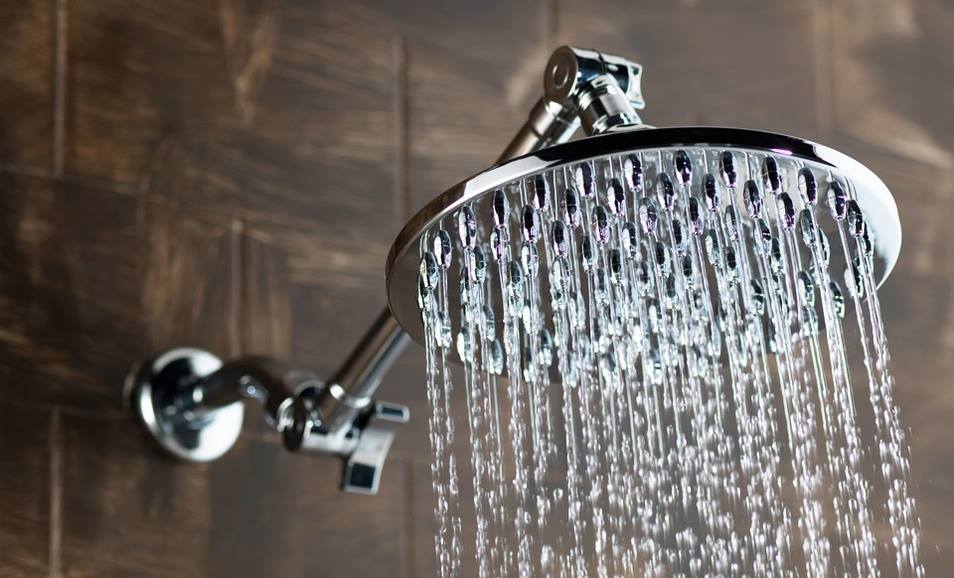
This post is probably not what you expect.
Anger is an emotion that stirs up individuals, it negatively impacts on your body, and can even lead onto medical conditions such as heart disease, high blood pressure and anxiety to name a few. Anger can bring out the worst in people and can often cause them to do or say things they normally wouldn’t.
Dementia is tough as each person with dementia is completely unique from the next with individual symptoms and behaviours. Our carers, nurses and medical practioners may sometimes not know enough about the real impact of the condition, which can be both frustrating and make our blood boil. They are doing their best but sometimes the family or care giver is in the best position to truly understand the impact of dementia on that person and those around them.
Add on stresses such as looking out for danger 24/7, being potentially humiliated in public, tiredness and being over whelmed in general this is a really tough gig. So when ‘anger’ comes along, we often react in a way that can be rude, short, aggressive, childish or downright nasty. If we are resorting to name calling and using social media to discredit people we simply need to look in the mirror and take stock of what we are hoping to achieve? While we are getting angry with the world the person with dementia has lost their care. Worse still, if the anger is playing out in front of a person with dementia (eg telling off someone caring for them) you may be indirectly distressing them, or making them feel scared. This is not a good outcome.
I am in certainly no position to tell others how to run their lives but I would like to offer some suggestions to reduce anger in your life and perhaps be more aware of its impact when caring for someone with dementia. Of course, we have to protect our loved ones and advocate for them at every opportunity, but we also have to reach positive solutions for them which may be better obtained by well written letters, calm and measured meetings, and an emphasis on factual information and the impact on all those concerned.
I thought about how anger makes me feel when I have ‘unloaded’ on a person. Whilst I might feel an instant relief I have expelled some venom, afterwards I feel guilty, embarrassed, and remorseful, and sometimes those angry words simply can’t be taken back. Anger can damage relationships even to the point of permanently. In hindsight …..Is that verbal tirade really worth it? (certainly something to ponder)
SOME TIPS FOR REDUCING ANGER:
1. BREATHE
When you are worked up take some big deep breaths and try and slow your breathing down. This will give you time to think and allow you to make calmer and more rational decisions.
2. WRITE YOUR THOUGHTS DOWN
Be as angry as you like and write all your emotions down on paper. This is the time to rant, rave and express those emotions. But don’t send it!!….
Vent your anger into the paper. When you have calmed down you can always review what you have written and look at the problem with ‘fresh eyes’.
Never send your initial thoughts out onto social media (eg Dementia Downunder) – remember you are talking with up to 1100 people at that time and many of them are doing things tough or have their own issues, they may have dementia themselves, or may see things differently to you. Try and put a positive spin or a potential solution up when discussing difficult subjects.
3. PUT YOURSELF IN THE OTHER PERSON’S SHOES
When angry always try and see the same situation from the other person’s perspective. Look at the incident from many different angles and be wary that other people may be following rules or regulations as part of their job. This will give you balance and empathy when discussing things.
4. WALK AWAY
If things are becoming heated politely excuse yourself and walk away. Give yourself time to calm down and think calmly. It is best to re-schedule a meeting than have a public ‘arguing match’ in the middle of a nursing home or hospital. It could be negatively impacting on patients, residents, family members and others.







 Facebook
Facebook Twitter
Twitter LinkedIn
LinkedIn